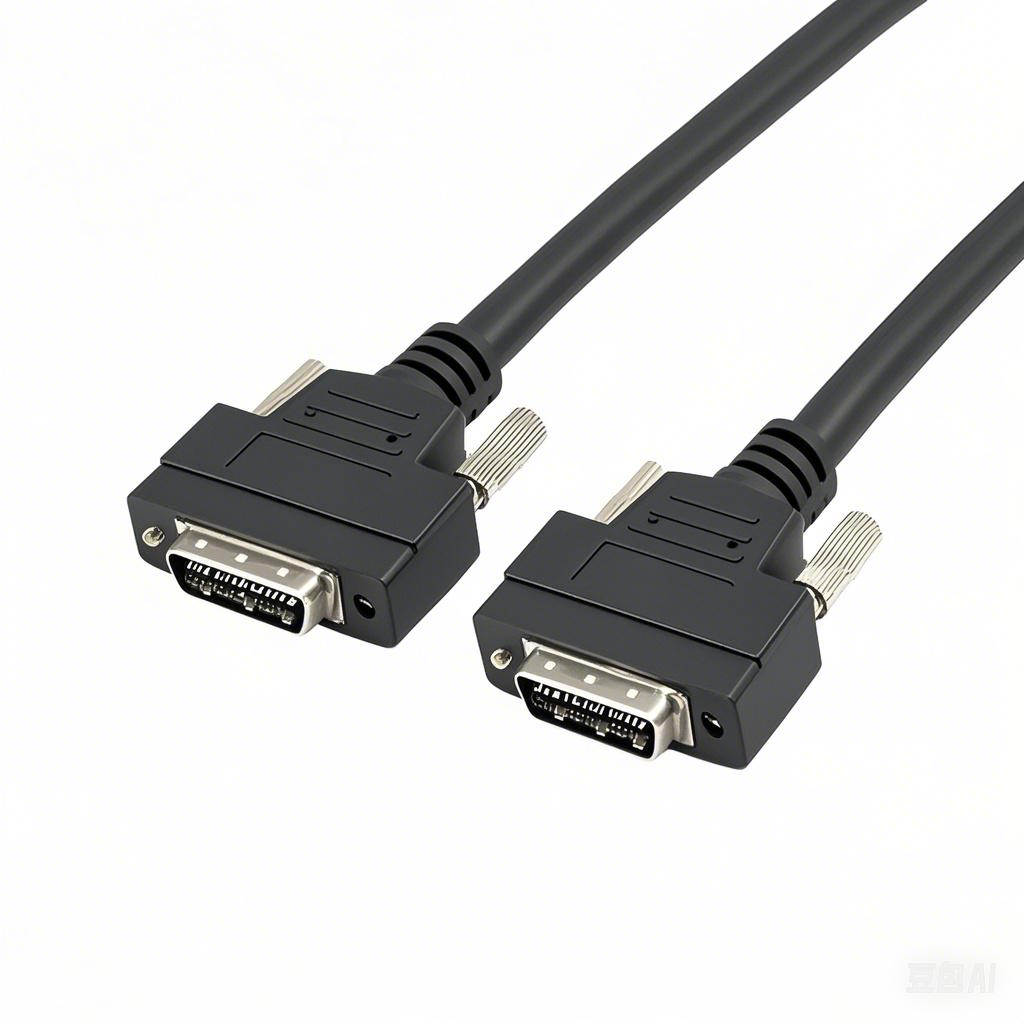What is the insulation type of machine cable
Machine cables are critical components in industrial equipment, and their insulation layers play a non-negotiable role in ensuring electrical safety, preventing current leakage, and resisting harsh operating conditions. The insulation type directly determines the cable’s service life, environmental adaptability, and application scope. Below is a detailed breakdown of common insulation types for machine cables, along with their core characteristics and practical use cases—designed to help you select the right cable for specific industrial needs.
1. Common Insulation Types for Machine Cables
Different insulation materials are engineered to address varying industrial challenges, such as temperature fluctuations, chemical exposure, and mechanical wear. Here are the four most widely used types:
1.1 PVC (Polyvinyl Chloride) Insulation
PVC is the most cost-effective and widely adopted insulation material for machine cables.
- Key Characteristics: It has good electrical insulation performance, is easy to process (supports flexible cable designs), and offers basic resistance to water and dust. Its operating temperature range is relatively narrow, typically from -15°C to 70°C.
- Limitations: Poor resistance to oil, strong chemicals, and high temperatures. Prolonged exposure to oil or temperatures above 70°C can cause the insulation to harden or crack.
- Typical Applications: Suitable for dry, indoor industrial environments with stable temperatures, such as control cabinets, low-power conveyor belts, and small automation equipment.
1.2 XLPE (Cross-Linked Polyethylene) Insulation
XLPE is an upgraded version of traditional polyethylene, modified through cross-linking technology to enhance its thermal and mechanical properties.
- Key Characteristics: It boasts excellent high-temperature resistance (operating range: -40°C to 90°C) and superior aging resistance—its service life is 2–3 times longer than PVC. It also has strong resistance to water, moisture, and most mild chemicals, while maintaining good flexibility.
- Advantages: Unlike PVC, it does not release toxic gases when heated, making it safer for enclosed industrial spaces.
- Typical Applications: Ideal for outdoor or damp environments, such as outdoor industrial pumps, wastewater treatment equipment, and medium-voltage machine power lines.
1.3 Silicone Rubber Insulation
Silicone rubber is a high-performance elastomer insulation material, designed for extreme temperature and dynamic application scenarios.
- Key Characteristics: It has an ultra-wide temperature tolerance range (-60°C to 200°C) and exceptional flexibility—even at low temperatures, it does not become brittle. It also resists ozone, UV radiation, and most oils, and has good flame-retardant properties.
- Unique Strength: It can withstand frequent bending and mechanical vibration, making it suitable for moving parts of machines.
- Typical Applications: Used in high-temperature or high-movement equipment, such as industrial ovens, robotic arms, welding machines, and automotive manufacturing assembly lines.
1.4 PTFE (Polytetrafluoroethylene) Insulation
PTFE (commonly known as Teflon) is a premium insulation material for extreme industrial environments.
- Key Characteristics: It has unmatched temperature resistance (-200°C to 260°C) and is completely inert to almost all chemicals (including strong acids, alkalis, and organic solvents). It also has excellent electrical insulation stability, even in high-frequency or high-voltage scenarios.
- Limitations: Higher cost and relatively low flexibility compared to silicone rubber; it is usually used for fixed (non-bending) cable applications.
- Typical Applications: Reserved for harsh, specialized environments, such as chemical processing equipment, aerospace manufacturing machines, and high-precision semiconductor production lines.
2. Key Factors for Choosing Machine Cable Insulation
Selecting the right insulation type requires matching the material’s properties to the actual operating conditions of the machine. Here are four critical considerations:
- Temperature Range: Confirm the minimum and maximum temperatures in the cable’s installation area. For example, avoid PVC in high-temperature ovens and choose silicone rubber or PTFE instead.
- Environmental Media: Check for exposure to oil, chemicals, water, or dust. For oil-rich environments (e.g., hydraulic machines), silicone rubber or XLPE is preferred over PVC.
- Mechanical Stress: If the cable is attached to moving parts (e.g., robotic arms), prioritize flexible materials like silicone rubber. For fixed wiring, PTFE or XLPE is more cost-effective.
- Voltage and Current: High-voltage machine cables (above 1kV) require insulation with strong breakdown resistance, such as XLPE or PTFE.
Why Choose FRS Factory for Machine Cables?
When it comes to machine cables, the quality of insulation directly impacts equipment safety and operational efficiency—and FRS Factory has always prioritized insulation performance as the core of its product design. We strictly select premium insulation materials (including food-grade XLPE, high-purity silicone rubber, and medical-grade PTFE) and adhere to international standards (IEC 60228, UL 1015) for production. Whether you need cost-effective PVC cables for indoor automation or high-performance PTFE cables for chemical plants, FRS can provide customized solutions tailored to your industrial environment. Every FRS machine cable undergoes 100% insulation resistance testing and temperature cycle testing before leaving the factory, ensuring long-term reliability even in harsh conditions. For stable, safe, and durable machine cables, FRS is your trusted partner.











